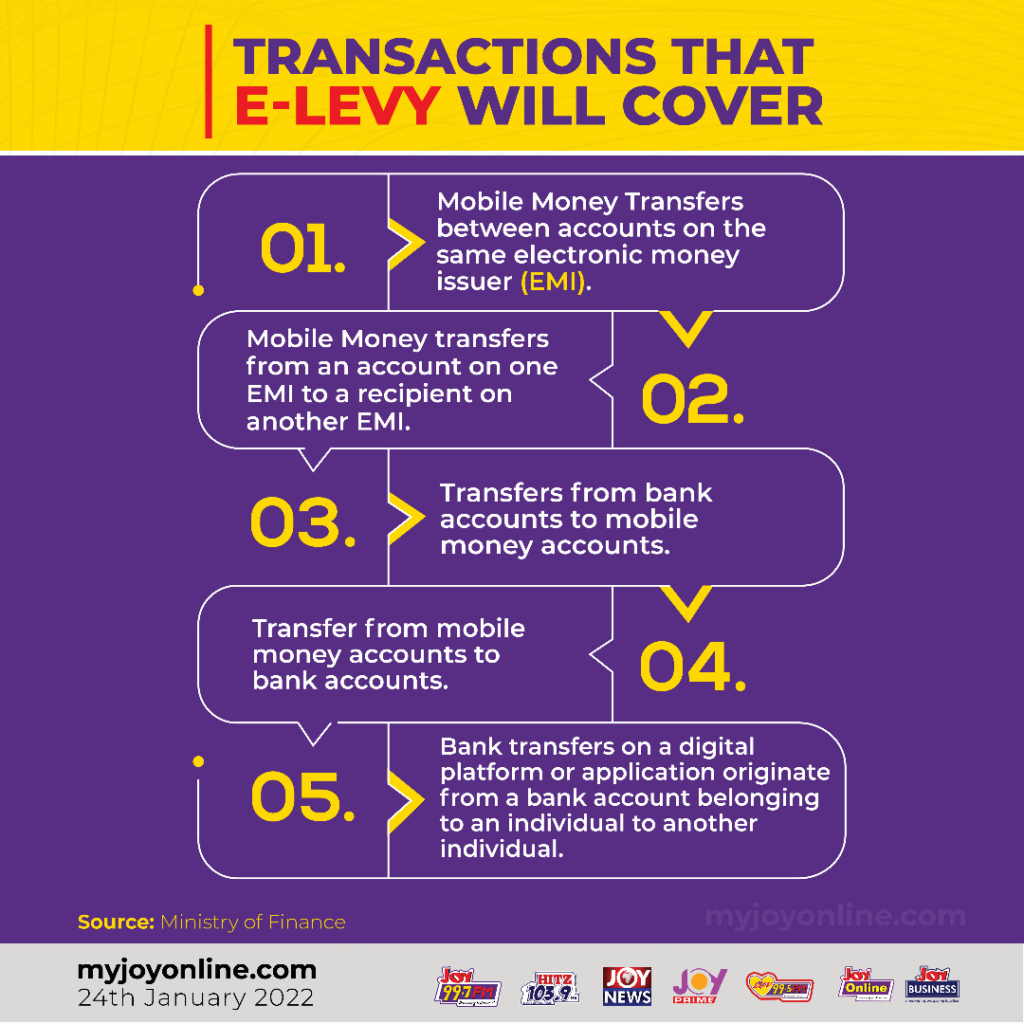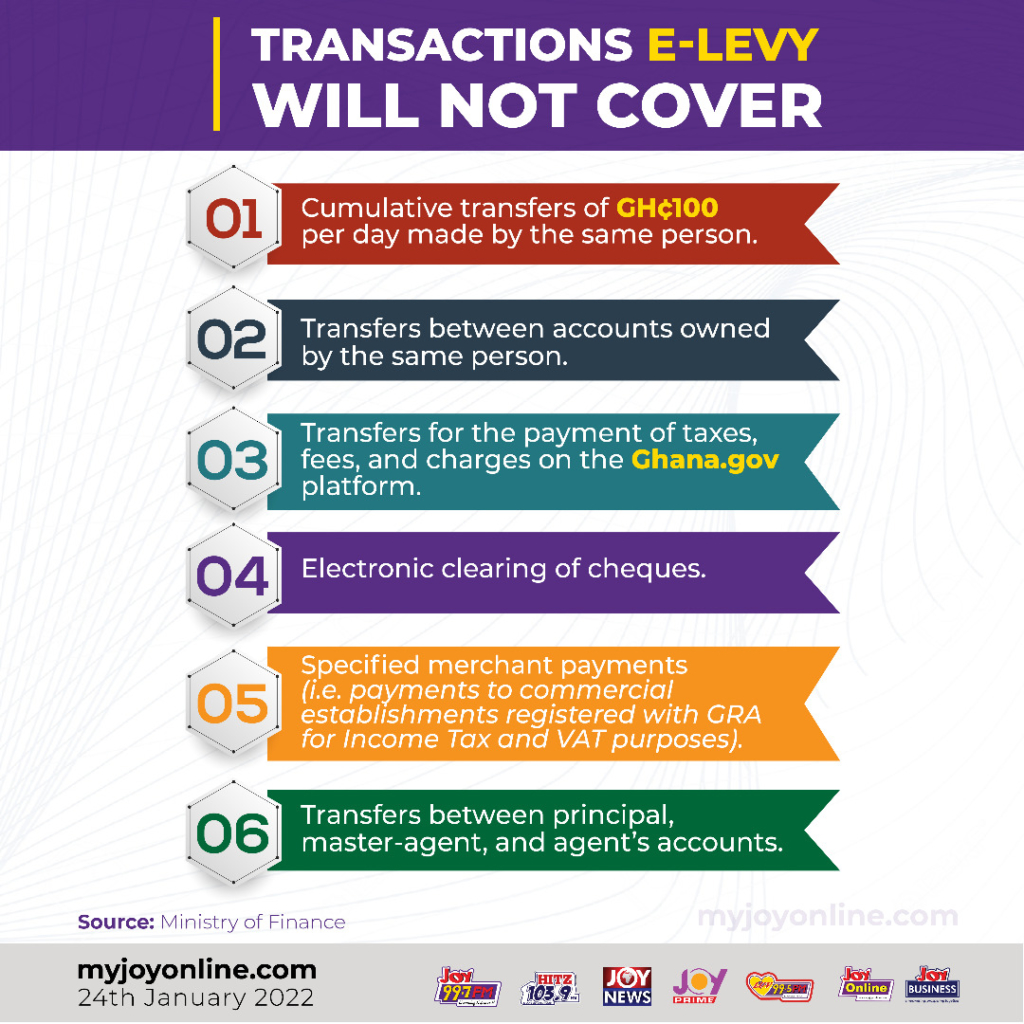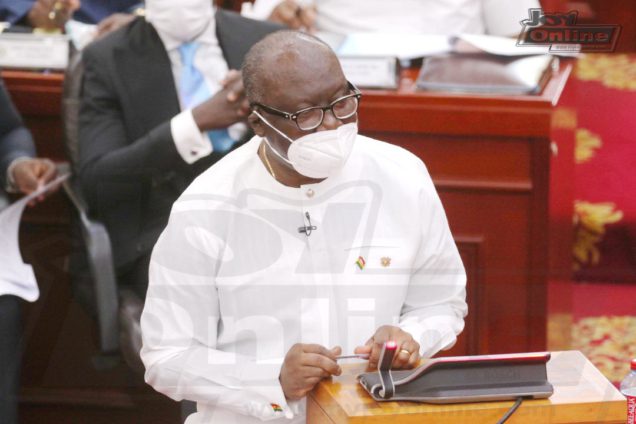
Audio By Carbonatix
The Finance Minister, Ken Ofori-Atta, says he is working out modalities to resubmit the Electronic Transaction Levy (E-Levy) to Parliament for approval.
The tax, also known as E-Levy has been the bone of contention since government presented its 2022 Budget statement to the House last year.
According to him, the move will increase the country’s tax-to-GDP from 13% to a targeted 16% or more.
Minority insists that the 1.75% tax is a tool to exacerbate the plight of the ordinary Ghanaian, which the Covid-19 pandemic has already impacted.
A section of the populace and experts have also greeted the yet-to-be approved levy with disapproval.
The other components of the budget have been approved with the exception of the E-Levy which the Minority vows to fight vehemently.
As Parliament prepares to reconvene on January 25, the Finance Minister has been clarifying some issues regarding the E-levy, which he hopes will clear the air ahead of the bill’s resubmission.

To drum home his justifications, the Minister listed many transactions that will be affected by the levy.
Addressing the media at the Ministry's press conference on Wednesday, Mr Ofori-Atta enumerated that it will encapsulate the following:
- Mobile money transfers between accounts on the same electronic money issuer (EMI)
- Mobile money transfers from an account on one EMI to a recipient on another EMI
- Transfers from bank accounts to mobile money accounts
- Transfer from mobile money accounts to bank accounts
- Bank transfers on a digital platform or application which originate from a bank account belonging to an individual to another individual

The Minister subsequently highlighted some scenarios where the E-Levy will not apply. They are;
- Cumulative transfers of GHC100 per day made by the same person
- Transfers between accounts owned by the same person
- Transfers for the payment of taxes, fees and charges on the Ghana.gov platform
- Electronic clearing of cheques
- Specified merchant payments (that is, payments to commercial establishments registered with the GRA for income tax and VAT purposes)
- Transfers between principal, master agent and agent’s accounts
Citing Bloomberg’s report on Ghana’s economy, he said approving the e-levy would help address the issue of the downgrade of Ghana’s credit rating from B to B-.
Mr. Ofori-Atta also noted that the levy would be the driving force to move the country towards a more sustainable debt level.
The engagement forms part of a sensitisation campaign geared towards getting the populace on board with the introduction of the levy.
The Minister says that from January 20, 2022, his outfit, “colleague ministers and other key members of government will embark on a public engagement and sensitisation campaign across the country."
Latest Stories
-
Abossey Okai spare parts dealers deny price hikes amid transport shortages
6 minutes -
Assibey-Yeboah urges NPP to field new flagbearer, rejects Bawumia repeat bid
9 minutes -
Ohwimase residents threaten mass demo over deplorable roads
12 minutes -
Two dead after another construction crane collapses in Thailand
16 minutes -
Political will key to solving transport crises – Spatial Planning Authority
19 minutes -
V/R: Fuel tanker overturns on Nyangbo–Tafi Mador road
26 minutes -
When Blame Misses The Target: A Sarcastic Football Philosophy on Nigeria vs Morocco
31 minutes -
Importers and Exporters warn Smart Port Note could cost Ghanaian households €382.8m annually
40 minutes -
Solo comic host key to best TGMA experience – Ebenezer Dwomoh
46 minutes -
Health minister spearheads talks to strengthen Agenda 111 implementation
50 minutes -
Serge Ibaka and Afrikicks engage CAF, GFA leadership on African football development
53 minutes -
CSA orders cybersecurity firms, professionals to legalise operations by January 31
54 minutes -
Vice-President expresses concern over rise in drug abuse among young people
1 hour -
Former Black Queens forward Samira Suleman appointed Hasaacas Ladies Technical Advisor
1 hour -
Minority demands removal of NaCCA boss, board chair over ‘gender identity’ content in SHS manual
1 hour

